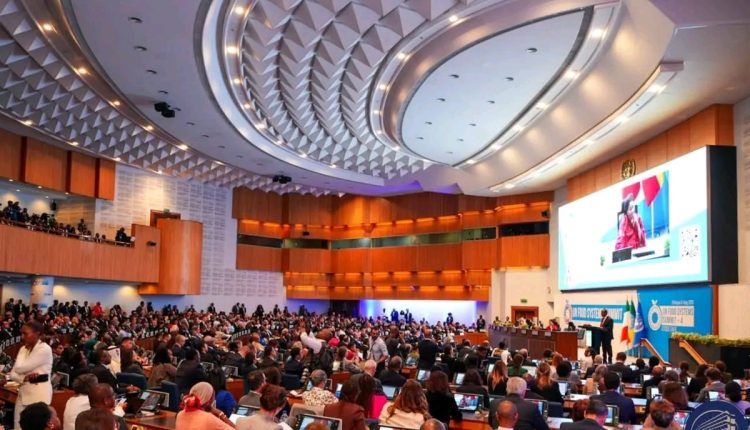IFAD Calls for Urgent Investment in Rural People and Small-Scale Farmers to Transform Global Food Systems
Addis Ababa, July 28, 2025 (FMC) — As global leaders gather in Addis Ababa for the UN Food Systems Summit +4 Stocktaking Moment, the International Fund for Agricultural Development (IFAD) has issued a call for urgent action to prioritize rural communities and small-scale farmers in efforts to reshape global food systems.
Alvaro Lario, IFAD President, emphasized the critical role of small-scale food producers, especially women and youth, in ensuring food security worldwide.
“If we want to transform global food systems, we must start with the rural people who feed one-third of the world from small plots,” Lario said.
“Investing in these small-scale producers is the most direct path to building food systems that can feed the world, provide decent work, and protect our planet.”
Despite increased global awareness about food systems transformation, progress remains uneven. Small-scale farmers, who contribute up to 30 percent of global food production, face significant challenges—most notably, nearly 90 percent lack access to affordable financial services.
Lario highlighted the particular difficulties faced by the world’s 48 least developed countries, including 33 in Africa, in mobilizing resources amid slow economic growth, climate shocks, and multiple crises. Responding to this, IFAD is directing over half of its core resources and 60 percent of its funding to sub-Saharan Africa.
To address these challenges, IFAD advocates for innovative financing approaches such as blended finance, new funding mechanisms, and stronger collaboration with governments, the private sector, and development partners.
“Evidence is essential to enable smarter investments and more ambitious partnerships. This is how we can best align and focus resources to drive inclusive and sustainable food systems,” Lario noted.
At the Stocktake, IFAD urged all stakeholders to increase ambition and accelerate actions. The transformation of food systems must go beyond boosting production to ensure equity, sustainability, and economic opportunities for the rural people who feed the world.

